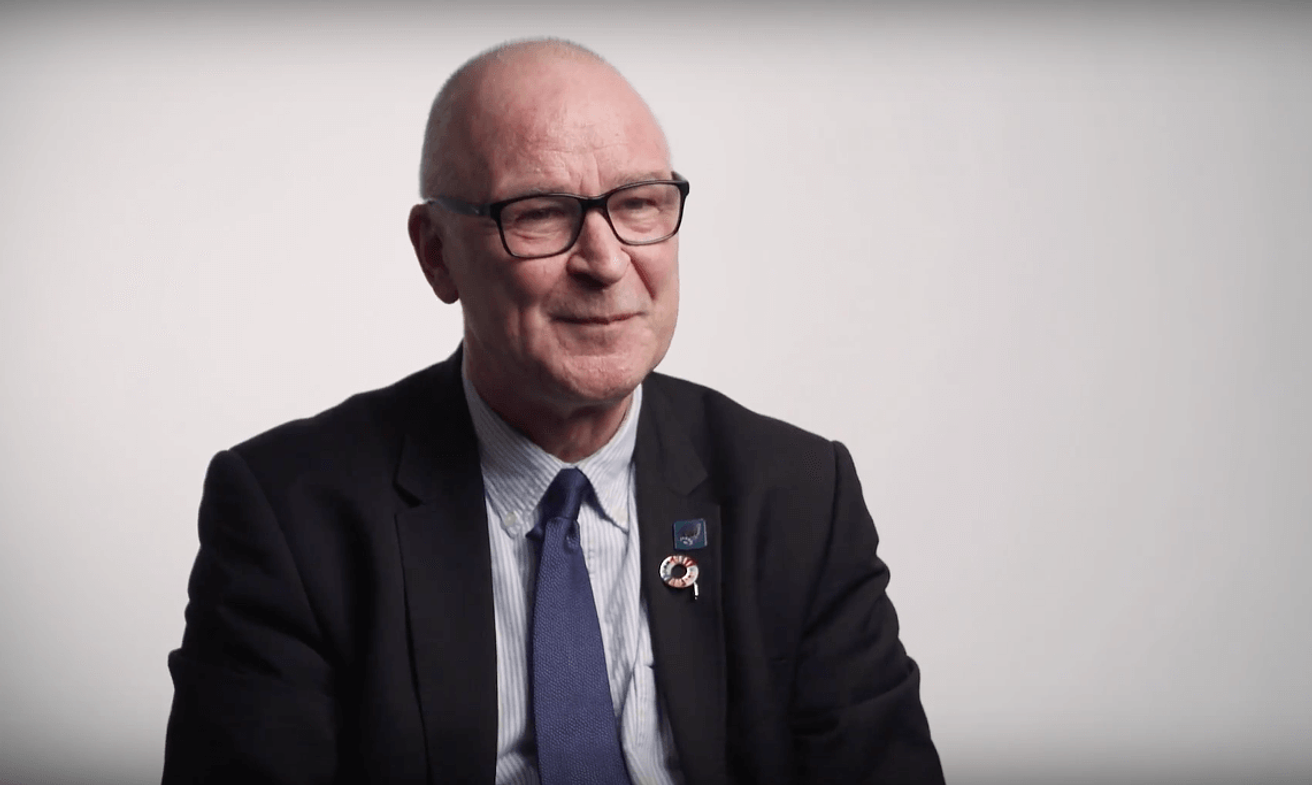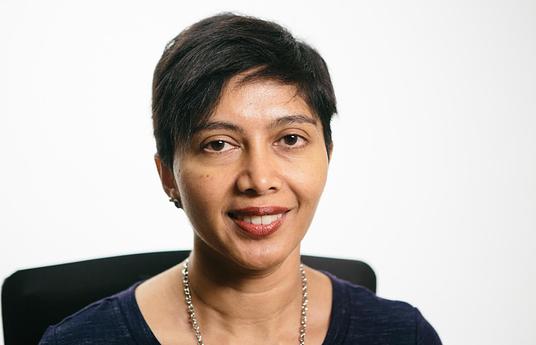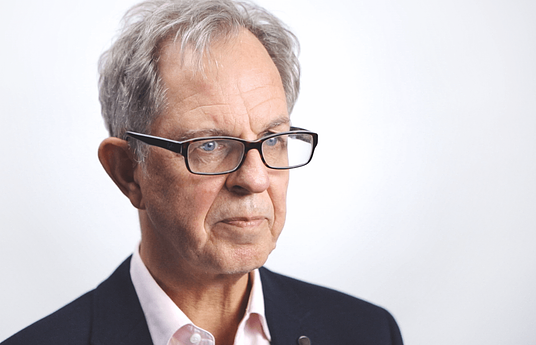Gavin Dykes
Gavin Dykes is co-Founder and Director of Education Fast Forward, as well as being an independent education and technology advisor who works on policy and strategy with governments and institutions around the world.
Do you feel that the current way we are educating children fully prepares them for the needs of the 21st century?
I can answer that very quickly and say no.
I think it’s interesting, the world they occupy is probably not the one they are going to occupy throughout their working lives so, anything we teach now we need to have in mind as we’re working with children that they need to be prepared for what is going to take them through maybe 40 or 50 years of working life. We don’t prepare people with the skills they require for that and certainly not sufficiently.
What is the role of the teacher?
That’s a really good question and it’s because there are several different roles that teachers have had over the years. I think the role of the teacher should be far more creative than it probably has become. There are risks that it’s become something almost administrative by nature. Whereas I think great creativity can come from working with students, understanding what really motivates students, understanding their aspirations, understanding what it is they would really like to be. I accept that what they want to be today is probably not what they want to be tomorrow or in three months’ time. But if you know their aspirations and broadly where the child is focused and where their hopes are focused then you can build education around those hopes and help them take the first steps towards achieving them.
If we want to see an improving system of any kind, I love the power of people working together, the idea that by bouncing ideas off each other we can come to better solutions, better ways of doing things. It’s all part of complexity theory, that we need to have lots of trial and error going on and then if you have people working in similar areas, learning from the successes and failures of those different trials and errors that are going on, then we can all learn and move forward more quickly together.
What do you feel the most exciting or effective learning environment would be?
The most exciting learning environment must be related to what the child’s aspirations are, so that if a child wants to be a premiership footballer or soccer player depending on which part of the world you are in, being around where football has been played could be something that really inspires them and really helps them.
Just to take that bit about aspirations and building education around them a little further, if that child wants to be a footballer, then why not think about a teacher asking the child – how can I help you take your first steps towards success in your aspiration? Now it could be about working out the physiology, depending on the age of the child, of running for 90 minutes on a football pitch, what’s possible and how well you can do that. It could be to do with the crowd flows and the mathematics of the behaviour of crowds and calculating the size of stadia and how that works, it could be about literature and the history of the game. So, we could build from the curricula that we have, things that are feeding the aspiration of the child and helping them move forward in what they would like to be.
Do you think standardized testing is the most effective way to judge learning?
I think that’s very unlikely to be the case. I think that there are so many different ways of looking at testing and one of the things I’ve been working on to some extent is that standardized testing tends to be applied to knowledge.
If you look at certain things written about education these days, we should have a view of where we’re going with knowledge, with skills, with values, with attitudes, because these are all part of what makes up learning and if we think of standardized testing, how well does that fit knowledge? Probably not that well. But, its closest with knowledge. When it comes to skills, attitudes or values its nowhere near what we need.
What role do you think government should play in education?
When I was working in a college and I was looking at marketing, that child could be marked in terms of the marketing work they did and assessed on that work by doing an exam or a bit of coursework for a teacher.
Alternatively, I remember this of one of the students that I knew, she was a football fan and she supported a very small club in the North of England, so she built a website for that club and it got a huge response, 2,000 people were signed up to the website and following what she produced on that website.
It all struck me, if those 2,000 people were being well served by that website, was that a better mark or assessment of her skills, as somebody marketing a club, or was the mark that she might get in the exam assessed by one person a better way of assessing it?
I think it’s a combination – it is no bad thing that advise is given, by anybody, it is no bad thing that advice is given by governments about the direction of learning or important things within learning. To tie it down too tightly, that then moves you towards an administrative process and once that process takes over then actually you’re not really listening to the child, to the teacher, to the relationship between them and what that can develop.
In your experience, can an innovation that works in one place, work in another?
Innovations are really interesting because I think when you look at when people are investing in innovative work, in innovative new products, certainly this is my experience of perhaps the West Coast of America where these things happen, very often what they will do is invest in the team - so rather than investing in the single innovation that somebody produces, they will like what the team is working on and they will invest in that team.
It’s because for innovations to be successful, it requires a driving force and a team of people usually, rather than just one making a success of it, living with it, taking it through the trials and tribulations that it may well have and adapting it for the particular circumstances in which they work.
If you consider that an innovation can just be lifted from there and put into there, I think you’ll be disappointed most of the time. It may very occasionally work, but actually if you think about the people that are to implement this and work with it and you work with them in order to take it forward and adapt it for their particular circumstances, then just perhaps you might do a little bit better.
What was your favourite moment or experience in your own K-12 education?
My favourite times were when we went off curriculum. When maybe it was a sunny day and the teacher said oh let’s go out and enjoy the sunshine! And what you might have done on that day would be to take advantage of the circumstances and you may do some learning which was not part of the written curriculum, but be learning about the leaves in the trees or the flowers or anything else that was going on. It might be running around and chasing each other, but that release and that pure joy of being taken out and to take advantage of what was a nice set of circumstances, was great.
It’s a bit like the conversations you have in an office building when there’s a fire alarm and you all go out and you probably have a better conversation than you ever have at another time. The circumstances take you out unexpectedly and suddenly you can get a lot of work done in that time you’re waiting for the building to be cleared before you go back in.
The next 100 years of education should… have a good balance of knowledge, skills, attitudes and values. High in those four is the sense of values. I think we’ve lost our way with actually how to deal with values, there’s almost a fear of dealing with values but that has done us a great disservice as a society.
This is not about trying to enforce a particular view of a particular country, this about human values, things associated with empathy and sympathy, with working with each other, with communicating well, for caring about those who are strong and those who are weak within our year groups and for building education about seeing that success, perhaps those weaker or stronger people’s success are part of our success because we work with them and they are part of our community.


